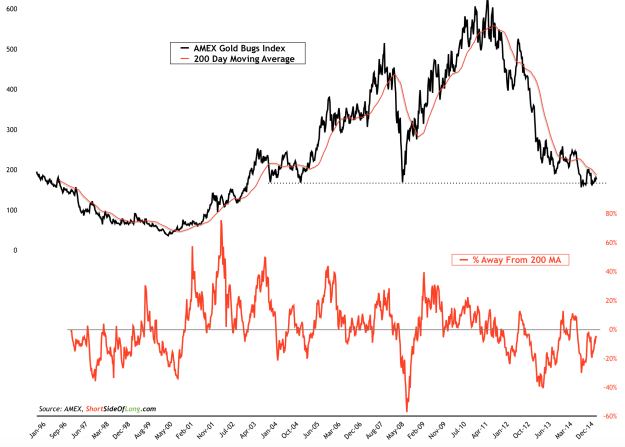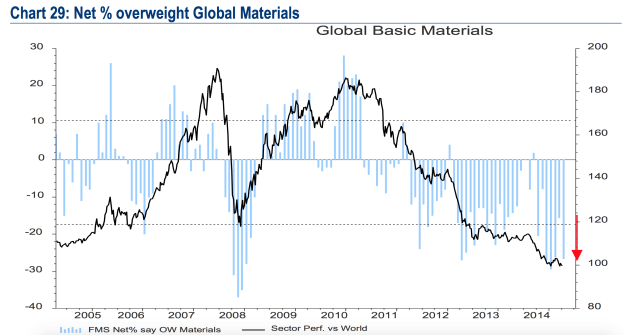 It is the emotional nonprofessional investor who sends the price of a stock up or down in sharp, sporadic and more or less short-lived spurts. The professional investor has no choice but to sit by quietly while the mob has its day, until the enthusiasm or the panic of the speculators and nonprofessionals have been spent.” –J. Paul Getty
It is the emotional nonprofessional investor who sends the price of a stock up or down in sharp, sporadic and more or less short-lived spurts. The professional investor has no choice but to sit by quietly while the mob has its day, until the enthusiasm or the panic of the speculators and nonprofessionals have been spent.” –J. Paul Getty
Can You Explain This?
Starting on page 4, this money manager explains his firms consistent underperformance. Do you agree or disagree? Why? A lesson for investors.
wedgewood_view_3rd_quarter_2016_client_letter (Start on page 4)
wedgewood-partners-2nd-quarter-2016-client-letter-brexit-the-vote-heard-round-the-world
wedgewood-partners-1st-quarter-2016-client-letter
wedgewood-view-4th-quarter-2015-back-to-our-regularly-scheduled-stock-market
PASSIVE INVESTING
There’s no such thing as “passive investing.” As Ben Graham defined it in his magnum opus, Security Analysis, “An investment operation is one which, upon thorough analysis, promises safety of principal and an adequate return. Operations not meeting these requirements are speculative.” Because passive strategies entail zero analysis of either of these qualifications they are, by definition, speculative. And those adopting them are speculators, not investors.
Like “jumbo shrimp,” “virtual reality,” “old news,” or “living dead,” the term “passive investing” is thus an oxymoron.
My point here is not to shame everyone who has embraced passive in recent years. There are plenty of good reasons to go passive, namely to dramatically lower your costs. My point is that if you want to call yourself an “investor” you need to do a little bit more thinking about the prices and fundamentals of risk assets than just buy at any price and hope. I think Jesse Livermore said it best in Reminiscences of a Stock Operator:
The average American is from Missouri everywhere and at all times except when he goes to the brokers’ offices and looks at the tape, whether it is stocks or commodities. The one game of all games that really requires study before making a play is the one he goes into without his usual highly intelligent preliminary and precautionary doubts. He will risk half his fortune in the stock market with less reflection than he devotes to the selection of a medium-priced automobile.
Embracing passive investing is exactly this sort of ‘cover your eyes and buy’ sort of attitude. Would you embrace the very same price-insensitive approach in buying a car? A house? Your groceries? Your clothes? Of course not. We are all very price-sensitive when it comes to these things. So why should investing be any different?
http://www.thefelderreport.com
Value Managers Discussing Performance With Customers






